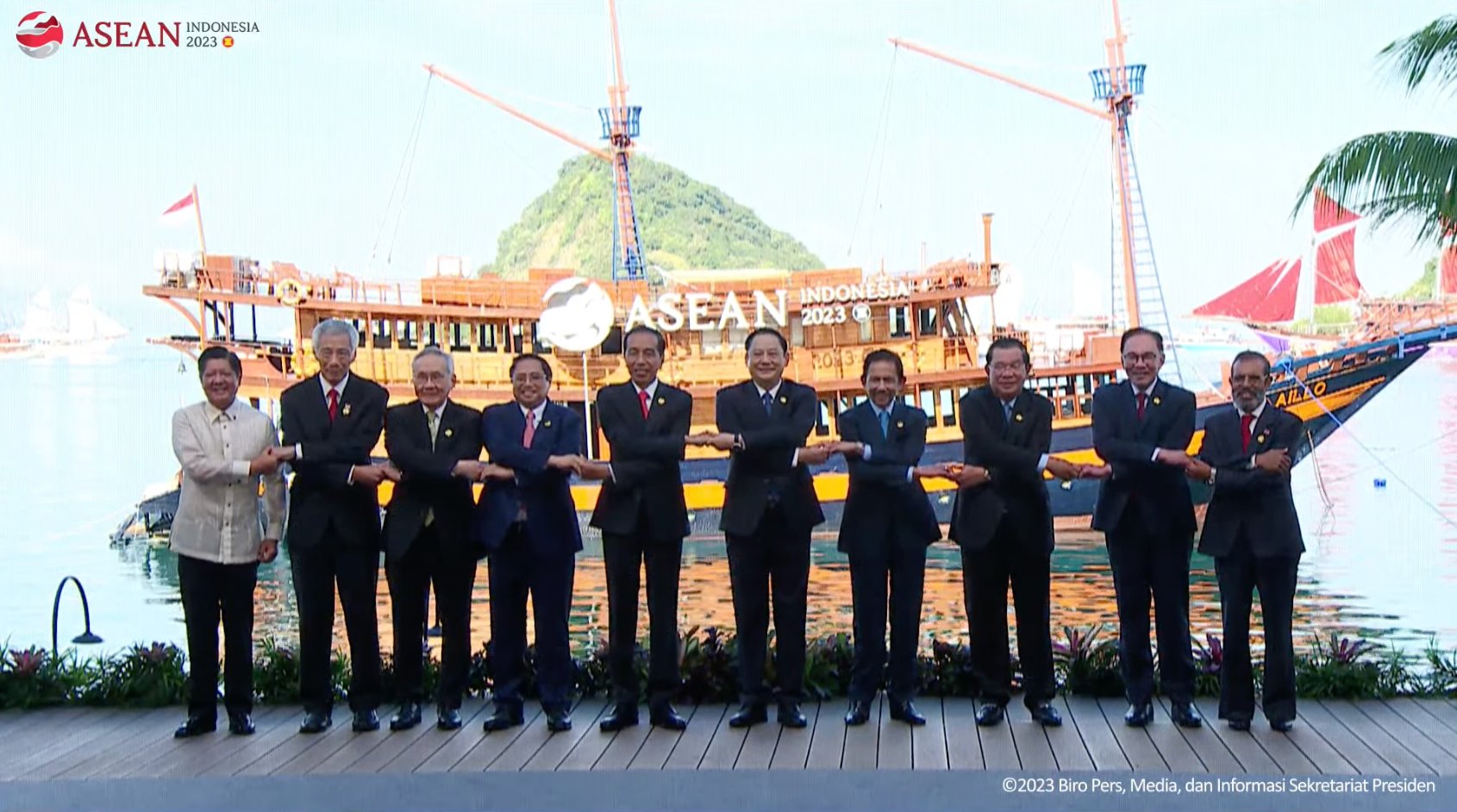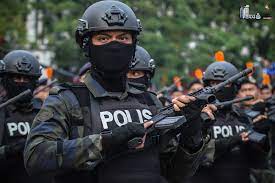
BANGKOK, Thailand: On Saturday August 3, Malaysia’s prime minister Anwar Ibrahim met with Thailand’s prime minister Srettha Thavisin on their second border working visit.
After all the official pleasantries at the Pasir Mas District Office in Kelantan on the Malaysian side and the Sungai Kolok Customs, Immigration, and Quarantine Complex (CIQ) on the Thai side, some ceremonies were undertaken to confirm previous discussions.
It was agreed the Sungai Kolok estuary would be dredged to help address annual flooding, which affects both sides of the river, a second bridge across the 20-30 metre wide Sungai Kolok would be built, and the two prime ministers would work together to create a special economic zone, focused on halal food and rubber.
The elephant in the room
Anwar stated in Pasir Mas that Malaysia appreciated Thai prime minister Srettha’s commitment to do whatever it took to achieve a peaceful resolution in the Thai deep-south. Anwar further reiterated that Malaysia will provide whatever is needed by Thailand in terms of economy, security, and/or education.
Both prime ministers on the Thai side outside the CIQ Sungai Kolok
Anwar emphasized Malaysia’s role as a facilitator in the stalled decade long process of negotiations with MARA Patani to find peace in the three southern provinces.
What wasn’t discussed is the rising popularity of the doctrine, which could be described as Salafi-Jihadism. This is growing on both sides of Sungai Kolok among the youth. This type of Islam is exclusionist and looks towards a creating Caliphate, as a solution to political and social problems, rather than the independence of the 3 provinces in the deep south from Thailand. Recruits to the insurgency movement are coming from this quarter, who see the fight as a jihad, rather than a struggle for an independent Patani.
The rise of Salafi-Jihadist doctrine in the area is a clear and present danger to both Malaysia and Thailand.
Assistance in rebel activities comes from Rantau Panjang and surrounding districts in Malaysia. Some of these people have dual Malaysian and Thai documentation. The porous border along Sungai Kolok is easily passed without detection by the Thai or Malaysian military. A wall along Sungai Kolok town was built a few years ago by the Thai military in the name of flood mitigation, but its obvious it was a move to control the movement of people with soldiers stationed along the area.
A true flood mitigation system could have turned the waterway of Sungai Kolok into a fortified canal to hold back flood waters from flowing over to Sungai Kolok and Rantau Panjang towns. No matter how much dredging is done, it won’t prevent floods along this part of the river.
The current peace talk process between the Thai Government and MARA Patani, still has not agreed upon a working TOR. MARA Patani, or the Barison Revolusi Nasional Patani (BRN) do not control the insurgency cells operating across Patani, Yala, and Narathiwat.
With the number of violent incidents on the rise within the deep south, yesterday’s discussions were in denial of what’s really going on within the insurgency groups over the last few years. Thus, the negotiations, facilitated by Malaysia will continue without progress.







0 Comments
LEAVE A REPLY
Your email address will not be published